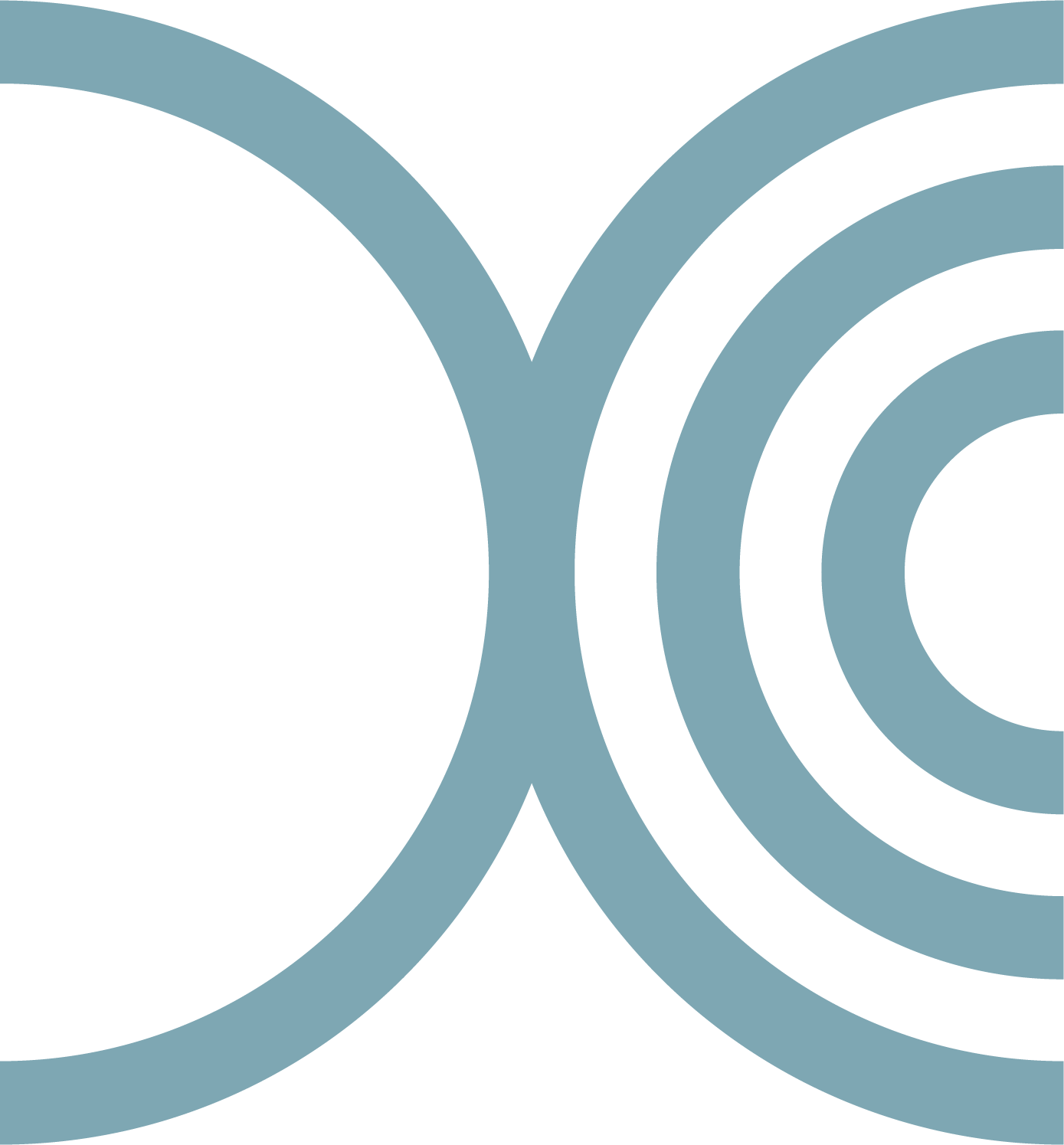Enthusiastic debates on how to best organise diagnosis, treatment and follow-ups on late effects caused by cancer disease took place at the seminar.
13-02-2020
Patient associations, clinicians, researchers and health care administrators were gathered in December 2019 to discuss how to bring focus on late effects of cancer, including how to improve follow-up for patients sectors.
The three Danish national research centres for late effects, the Late Effects Group, Danish Cancer Society and Danish Comprehensive Cancer Center hosted a seminar with 60 participants from all of Denmark in December. The national research centres presented insights in the work on covering occurrence, diagnosis, follow-up and treatment of late effects.
The physical and psychological late effects following cancer disease can be complex and there is a need for gaining more knowledge on the correlation. Christoffer Johansen, Head of National Centre for Cancer Survivorship and General Late Effects (CASTLE) elaborates:
"It is much needed to map out; who gets affected by late effects, what are the risk factors and how can we diagnose and treat the late effects. A great concern is discovering how the cancer disease is related to other diseases, which we still need to examine. In a large study we have shown that 50% of all cancer patients suffers from at least one other disease, when they are diagnosed. We have to gain more knowledge on just how the different diseases are related", says Christoffer Johansen.
At the seminar it thus became clear that there is a need for more research and more focus on translating and implementing knowledge into the clinics and treatment. Furthermore, there is a need for more research on how initiatives within the field are organised across sectors.
Patients and experts must be better equipped to handle late effects
The perspective of patients was also highlighted at the seminar. A powerful story from a patient emphasised that the physical late effects caused by cancer can be followed by social and psychological challenges.
Marianne Nord Hansen, Head of the patient organisation Late Effects Group, stressed that many patients have doubts about who has the ability and holds responsibility for follow-up plans and treatment of late effects.
"For patients, the main problem is that sometimes they don't receive the help they need. There is a great demand for figuring out who is responsible and qualified to identify late effects. Among other things, this could be done by working for national documentation which would make early diagnose and treatment of late effects possible. The national collaboration is crucial to reach a level with consistency in quality and for the health care personnel working with late effects to have clear options of referral" says Marianne Nord Hansen.
National collaboration on late effects
The three national research centres for late effects
Read more about The National Centre for Cancer Survivorship and General Late Effects (CASTLE)
Read more about Centre for Research on Survivorship and Late Adverse Effects after Cancer in the Pelvic Organs
Read more about National Center for Breast Cancer Survivorship
National Collaboration on Late Effects
The National Collaboration on Late Effects is a collaboration between Danish Cancer Society, the three national research centres, Late Effects Group and Danish Comprehensive Cancer Center.
